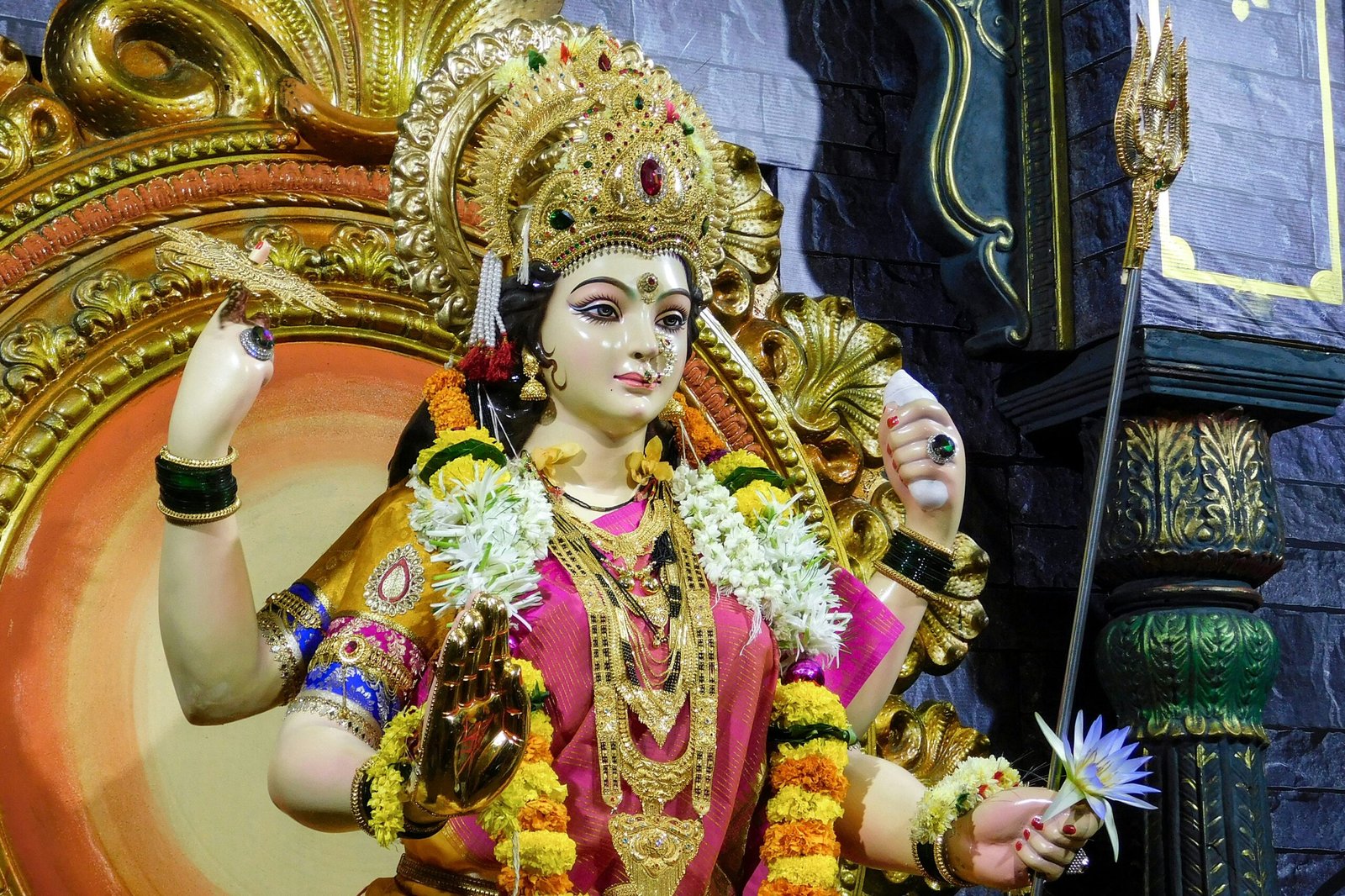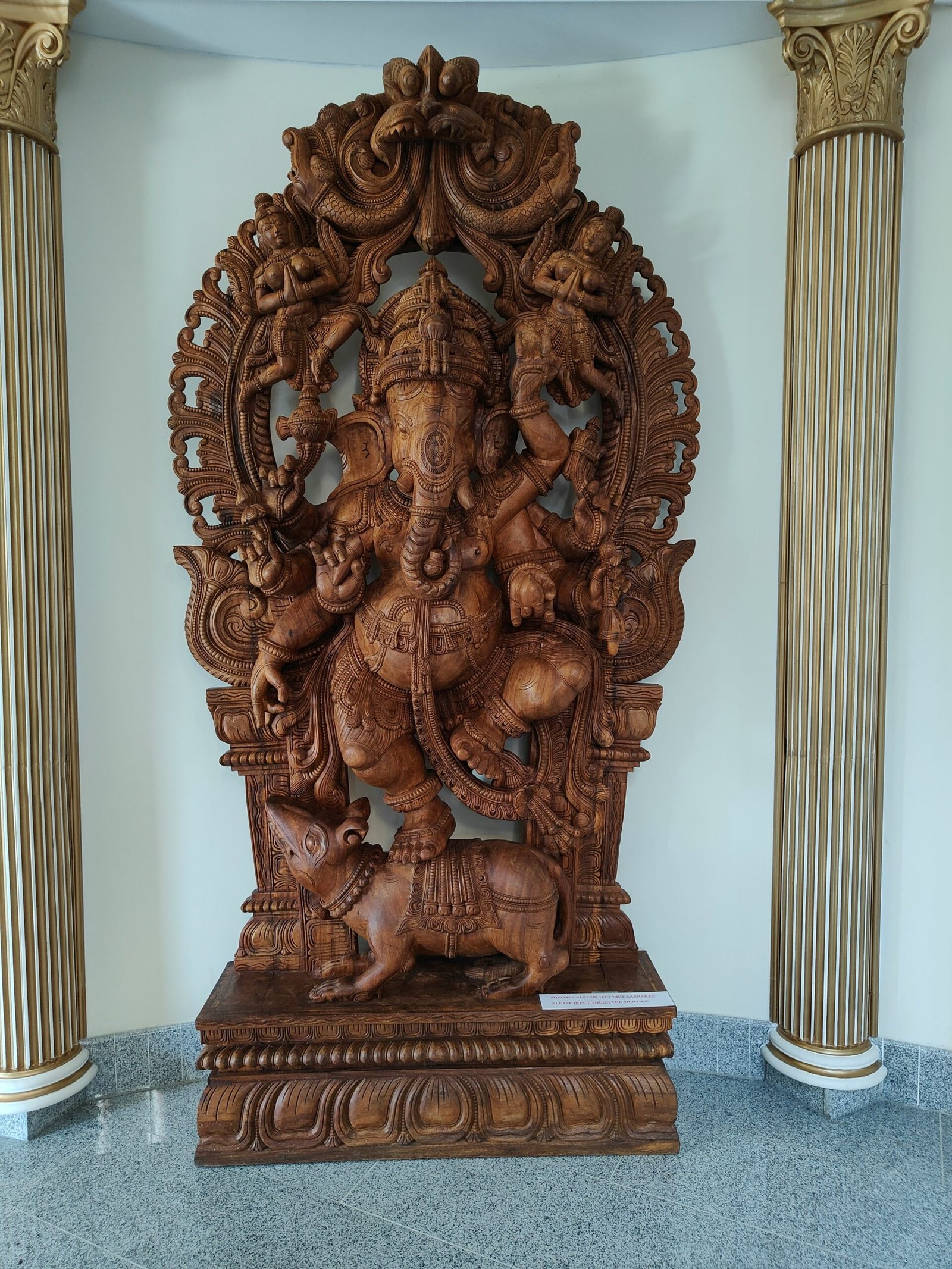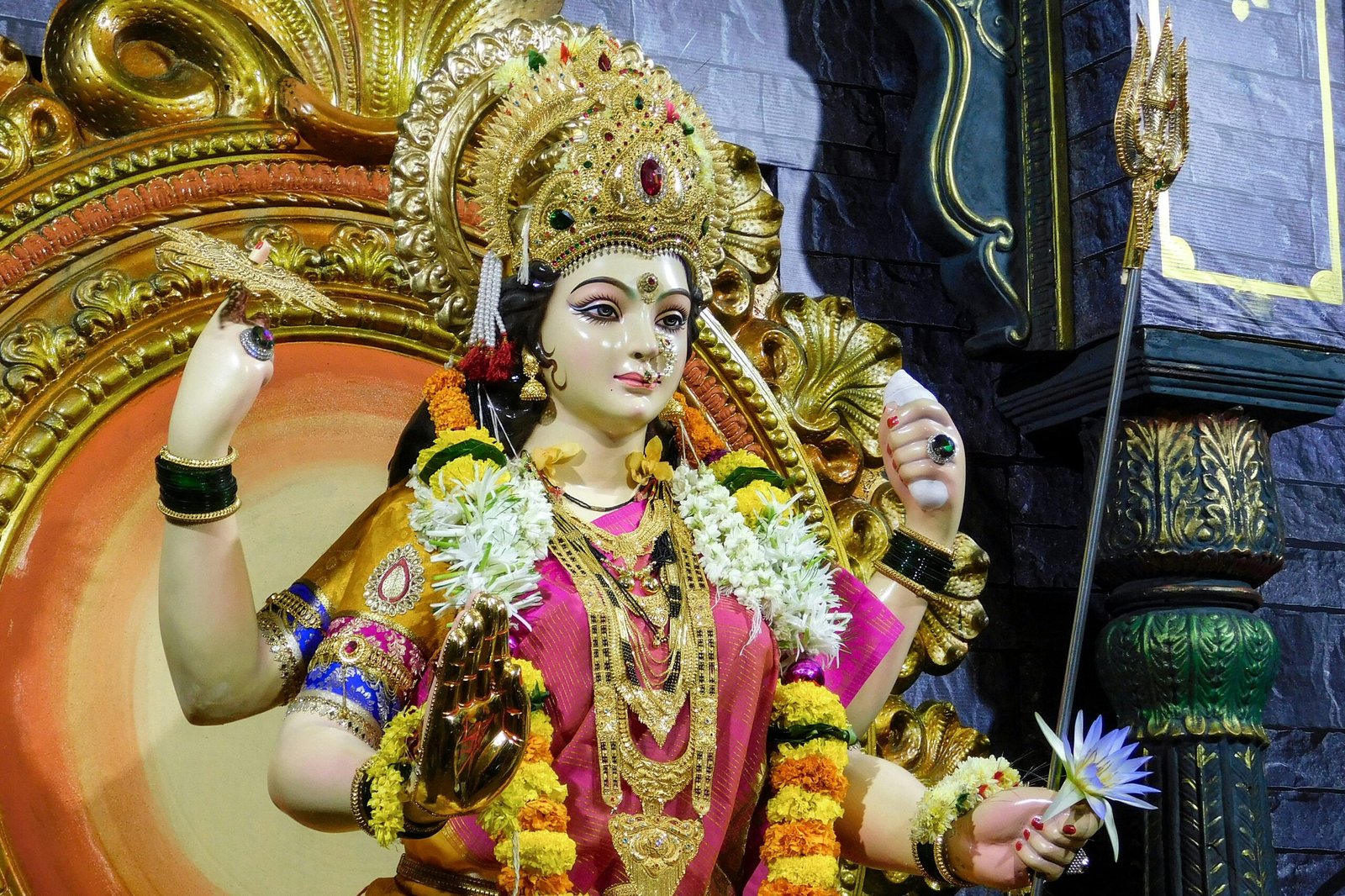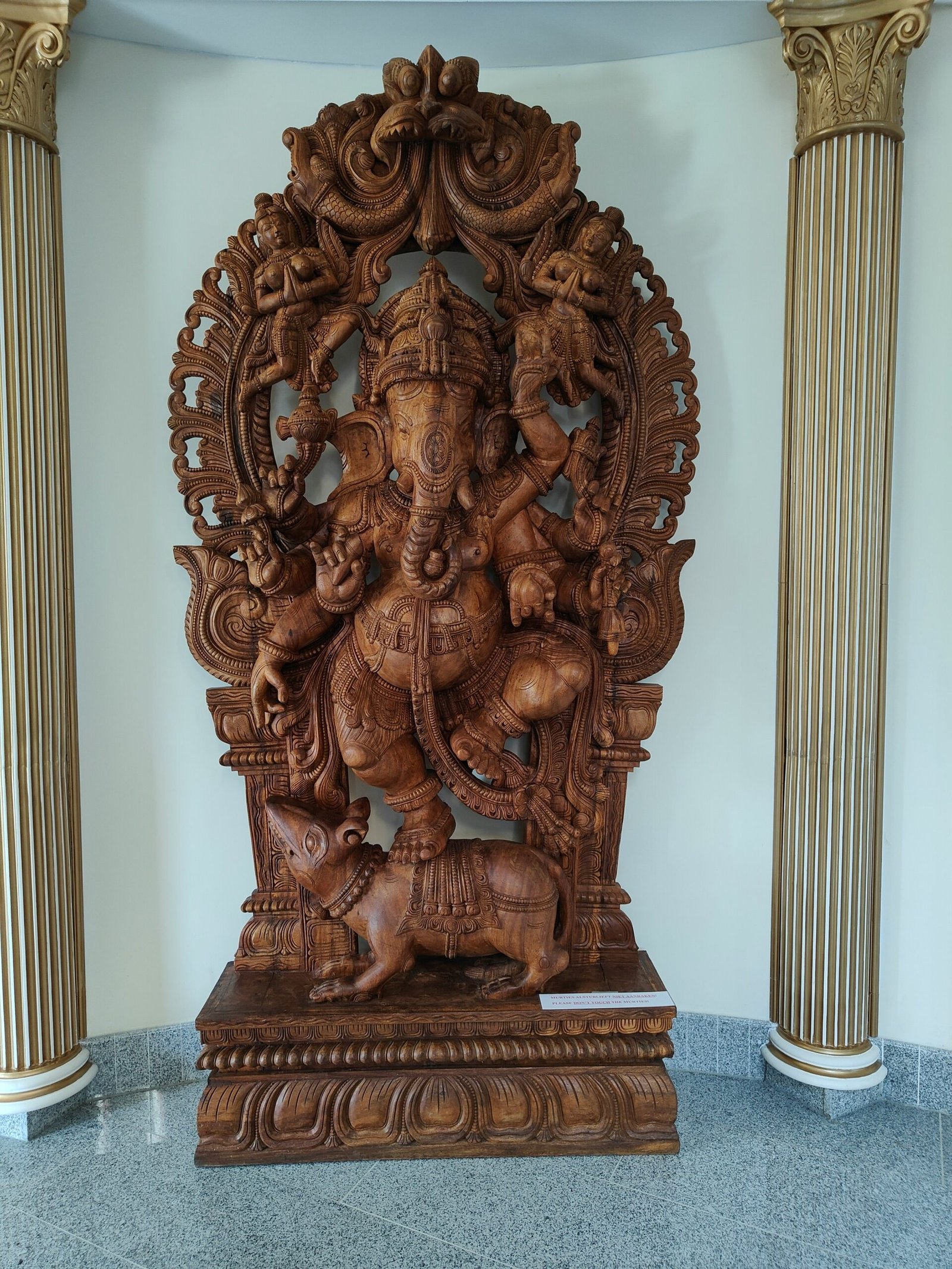
Introduction to Shree Suktam
Shree Suktam is a venerable hymn found within the ancient texts of Hinduism, primarily the Rigveda. It holds profound significance in the worship of Goddess Lakshmi, the deity of wealth, prosperity, and well-being. The origins of Shree Suktam can be traced back to the Vedic period, a time characterized by the composition of hymns that form the bedrock of Hindu spiritual traditions. The hymn’s historical context is crucial, as it embodies the early Vedic society’s reverence for divine forces that govern prosperity and abundance.
Composed in Sanskrit, Shree Suktam consists of 15 verses (or shlokas) that extol the virtues and benevolence of Goddess Lakshmi. These verses are rich in poetic and linguistic features, including alliteration, metaphor, and rhythmic cadence, which enhance their spiritual and aesthetic appeal. The hymn not only invokes the presence of Goddess Lakshmi but also seeks her blessings for material and spiritual prosperity. The repeated recitation and ritualistic chanting of Shree Suktam are believed to attract the divine grace of the goddess, ensuring the well-being of the devotees.
The textual sources of Shree Suktam, particularly its inclusion in the Rigveda, highlight its antiquity and esteemed status in Hindu liturgy. The Rigveda, one of the oldest sacred texts in the world, serves as a repository of hymns dedicated to various deities, showcasing the extensive and multifaceted nature of Vedic worship. Shree Suktam’s presence in this revered scripture underscores its importance and the high regard in which it is held by practitioners and scholars alike.
Understanding the linguistic and poetic dimensions of Shree Suktam is essential for appreciating its role in rituals and ceremonies. The hymn’s composition reflects the sophistication of Vedic literature, where phonetic harmony and semantic depth converge to create a powerful spiritual tool. This intricate blend of sound and meaning is what makes Shree Suktam an enduring and cherished component of Hindu worship, dedicated to invoking the auspicious presence of Goddess Lakshmi.
Shree Suktam in Festivals and Rituals
Shree Suktam holds a pivotal place in various Hindu festivals and rituals dedicated to Goddess Lakshmi, such as Diwali and Navaratri. During these auspicious occasions, the recitation or listening of Shree Suktam is considered highly beneficial and is an integral part of the ceremonies. The hymn is typically chanted during Lakshmi Puja on Diwali to invoke the blessings of prosperity and well-being. Devotees often start the recitation at specific auspicious times, which are determined by astrological calculations to maximize the spiritual benefits.
In the context of Navaratri, Shree Suktam is recited during the nine nights of worship dedicated to various forms of the Goddess. The hymn is especially emphasized during the nights when Goddess Lakshmi is venerated, usually the fourth, fifth, and sixth nights of the festival. The specific timing for recitation, often during the evening prayers, is believed to harness the divine energies more effectively, contributing to both spiritual elevation and material success.
Beyond festivals, Shree Suktam is also a regular feature in daily rituals and special ceremonies like housewarming (Griha Pravesh) and business inaugurations. The recitation is thought to purify the environment, attracting positive energies and removing obstacles to prosperity and success. This practice underscores the belief that devotion to Goddess Lakshmi through Shree Suktam can lead to tangible material benefits, such as financial stability, career growth, and overall well-being.
Historical examples and personal anecdotes further illustrate the profound impact of Shree Suktam. Communities have long attributed their collective prosperity to the regular chanting of this sacred hymn. Individuals recount stories of overcoming financial crises or achieving significant milestones in their lives, attributing their success to the sincere devotion and correct recitation of Shree Suktam. These narratives highlight the hymn’s enduring relevance and the importance of devotion and proper intonation in its recitation.
Ultimately, the correct approach to chanting Shree Suktam is crucial for achieving its full benefits. Devotees are advised to maintain a pure mind and heart, focus on the meaning of the words, and adhere to traditional guidelines for pronunciation and rhythm. This combination of devotion, understanding, and precision ensures that the recitation of Shree Suktam is not only a ritualistic practice but a transformative spiritual experience.



